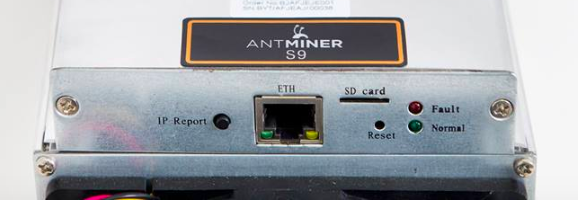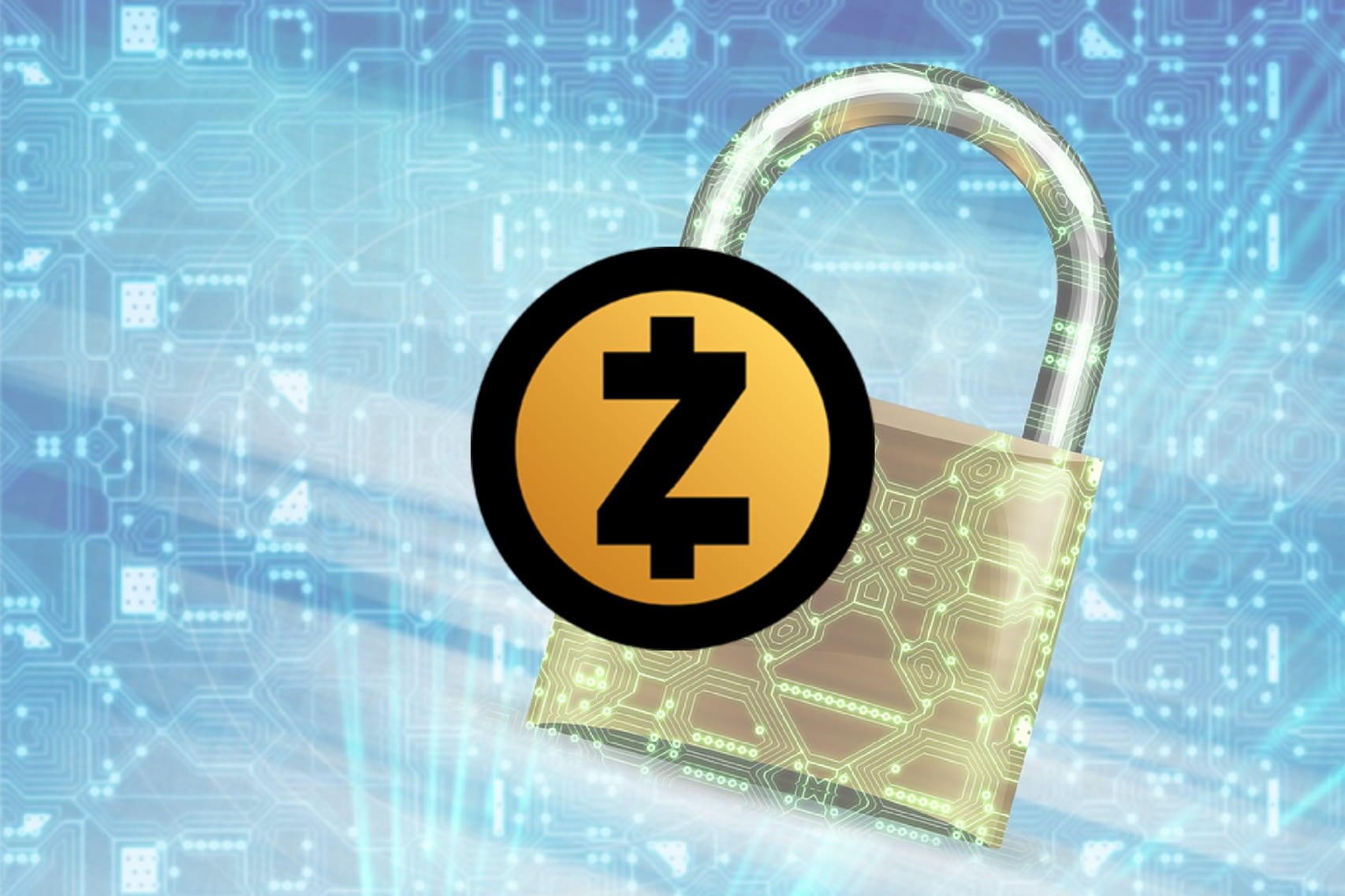As cryptocurrency prices have slumped across the board in recent weeks, Zcash has gone on a tear. Anyone paying attention will have noticed the huge uptick that occurred around the May 14 listing of ZEC on the Gemini exchange.
But there’s quite a bit more going on here for this cryptocurrency that enables private transactions through the use of a zero-knowledge proof called zk-SNARKs.
Zcash, often talked about as the “true” privacy coin, is currently sitting at #23 on Coinmarketcap and can be considered a serious contender for a top 10 push. In the following, we’ll provide a brief rundown and recap of all the biggest Zcash news in May 2018.
Gemini Listing

In May, Zcash became the first privacy coin to earn itself a fiat trading pair on a mainstream American exchange. Following in the footsteps of its sibling Bitcoin, ZEC is just the third currency to trade on Gemini (plans are in place for Litecoin and Bitcoin Cash to join as well).
Gemini is regulated by the New York State Department of Financial Services (NYSDFS), making it one of the most heavily scrutinized exchanges in the world. Opinion was immediately split over whether this constituted good news, with some Redditors voicing fears that being beholden to regulators so early in the game could compromise Zcash. Others hailed it as a huge step forward in terms of keeping anonymous coins in the good graces of regulators.
Regardless of which side of the fence you fall on, it is good to see some action from a coin that has, at times, felt slightly stagnant. Some investors will also feel a degree of vindication, as $100 was added to the pricetag virtually overnight.
With the news, Tyler Winklevoss, CEO of Gemini, had some very complimentary things to say. To paraphrase: Zcash picks up where Bitcoin left off – Bitcoin has many strengths, but privacy is not one of them, and Gemini is proud to be the first licensed exchange in the world to offer Zcash trading.
Statement on ASICs
The last month saw 2 official blog posts from Zcash on the topic of ASICs. One was a company statement, the other was a discussion of the Zcash Foundation’s role in the ASICs debate. Both are worth reading in detail, but the upshot of the whole situation is as follows.
For those who don’t know, application-specific integrated circuits (ASICs) are extra powerful chips designed for special applications. In terms of crypto mining, they provide a competitive advantage. ASICs have been introduced for use with other cryptocurrencies in the past, leading to shakeups in the mining industries of other coins. If ASICs are introduced for a particular hash algorithm, this typically means that the GPUs (graphical processing units) or CPUs (central processing units) lose their viability for miners.
This can have all sorts of ramifications, primary among them the fact that it tends to centralize mining power in the hands of a few big operations. Opponents also argue that ASICs are antithetical to the spirit of decentralized technology. In this sense, Zcash looks to be next on the chopping block, with Bitmain announcing the Antminer Z9 mini, an ASIC miner set to mine Equihash-based cryptocurrencies (like Zcash).

The official response from Zcash has been somewhat reassuring to those concerned, although how it plays out remains to be seen. There was an acknowledgment that leadership was hearing the distress of community members concerned by ASIC encroachment, and that steps were being taken to “protect those who’ve helped us build this ecosystem.”
The nonprofit Zcash Foundation is also said to be putting resources into investigating the power of ASICs on the network, is “committed” to funding an ASIC-resistance path forward, and has a rough goal of developing and submitting a mitigation plan through the “ZIP process.”
In the meantime, the debate continues.
Technical Updates and New Investments
As the Zcash Foundation investigates the best solution to ASIC-related issues, the team itself is focused on 3 primary goals: a successful rollout of Overwinter (June), the transition to Sapling (September), and “equipping the ecosystem” – things like wallets and more exchange listings.
May saw the completion of Zcash 1.1.1, an Overwinter-compatible version of the Zcash node software, with initial support for Sapling consensus. By itself, Overwinter is not something that the end user will see as an awesome upgrade, but it lays down the code to make Sapling happen.
Along with this news, there was the announcement of a multi-party computation protocol MPC (for Sapling) which aims to make “parameters” more transparent and secure. This is an important piece of Sapling, the “network upgrade” that aims to streamline private transactions, Zcash’s main goal. Sapling will be a make or break moment for the project.
May also saw the announcements of 2 new Zcash investments, Agoric and StarkWare Industries. Starkware is a startup that is bringing “transparent privacy and scalability to a blockchain near you.” The company produces STARKs, which are a new cryptographic proof system said to be scalable, toxic-waste-free, and post-quantum secure.
Agoric, on the other hand (also funded by Naval Ravikant, and Polychain Capital), is a company focused on developing an open, JavaScript-based, object-capability (ocap) programming layer to allow for easier dapp creation and deployment. This particular investment has raised some questions within community ranks, and it’s hard to read the intention or neatly categorize this move.
Two final pieces of news:
Sonya Mann also joined the Zcash foundation as the full-time communications manager in May, a further positive indicator from a marketing and awareness perspective.
There was also a post about maintaining privacy in light of academic research on Zcash by University College London. The post concludes with the recognition that it is common to use transparent addresses (vulnerable to privacy breaches) for transactions, and there is a need for greater shielded address adoption:
It is imperative that a shielded ecosystem be established to ensure the future of Internet Money.
This is also something the Sapling upgrade is said to be addressing.
Final Thoughts
The latest roundup of news hasn’t given us any more certainty as to whether Zcash can win the privacy coin race. It does, however, indicate that they haven’t dropped the pace and are dealing with issues as they arise, and the recent price surge will probably help raise awareness (and appease some investors to boot).
Zcash is one of the most interesting privacy projects out there, the first of its kind to implement the zk-SNARKs protocol. The ZEC team seems to be brimming with confidence and acknowledge that ZEC is essentially an alpha product that needs to be improved upon. To see what’s in the cards for this project, one really needs to stay tuned until September at a minimum. Assuming the Sapling gets released on time, this will be the moment of truth.
In the interim, you can join the Zcash Reddit community, the Zcash Forum or follow the project’s charismatic leader Zooko on Twitter.

